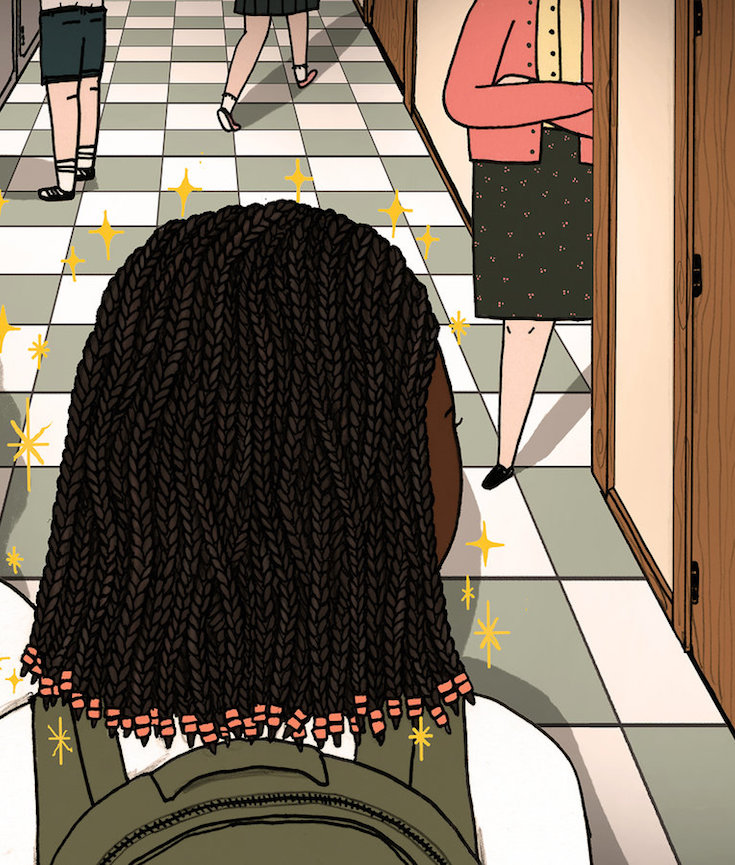[dropcap]As[/dropcap] spring came around this year, the girls, who just turned 16, told their parents they wanted to get braided hair extensions. Their parents happily obliged, wanting Mya and Deanna to feel closer to their black heritage.
But when the girls got to school, they were asked to step out of class. Both were given several infractions for violating the dress code. Mystic Valley Regional Charter School, north of Boston, bans hair extensions in its dress code, deeming them “distracting.”
When administrators asked the girls to remove their braids, Mya and Deanna refused.
The next day, Colleen and Aaron Cook came to the school where, they say, they were told the girls’ hair needed to be “fixed.” The Cooks refused, telling administrators that there was nothing wrong with the hairstyle.
[mc4wp_form id=”6042″]
The Civil Rights Project’s Center for Civil Rights Remedies (CCRR) is dedicated to improving educational opportunities and outcomes for children from subgroups who have been discriminated against historically due to their race/ethnicity, and who are frequently subjected to exclusionary practices such as disciplinary removal, over-representation in special education, and reduced access to a college-bound curriculum
The Center conducts new research to identify problems or issues with educational policy or it’s implementation, takes direct action to improve policy, and enhances the capacity of advocates to press for successful remedies at the local, state and federal levels. We develop research-based remedies relevant to policymakers and educators, models for federal and state legislation, requests for administrative action, and supports to civil rights groups, state agencies and local educational organizations actively engaged in the remedy process. (Website).



You must be logged in to post a comment.